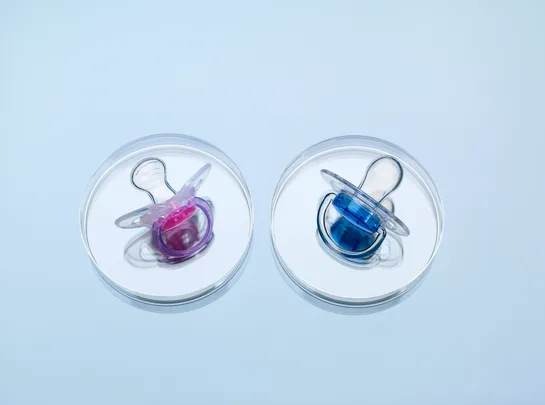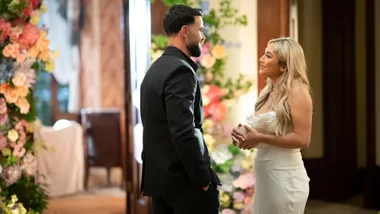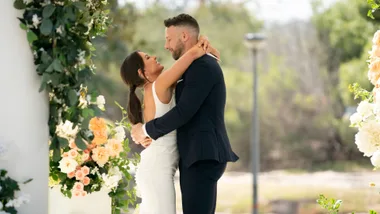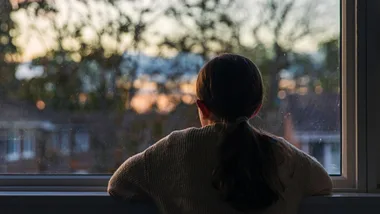The strange thing about IVF clinics is that the waiting rooms are incredibly quiet. You’d think that a group of women in a room, all going through the same rigorous process, would be more friendly but, in fact, the silence often represents the private pain of a process that is more Frankenstein than beautiful earth mother.
And while IVF can be an amazing, life-changing event for many women, it can also be an expensive, confusing carpet ride riddled with twists and turns.
“Anxiety is the emotion I see most often in IVF patients,” says psychologist Cath Corcoran, a conception and fertility specialist. “There’s the anxiety about not understanding the process, as well as the physiological impact of the hormones that are making them emotional and prone to crying with mood swings, and they’re just thinking ‘what’s actually going on with me?’”
According to Corcoran, a lot of women feel like they can’t speak to anyone, because they feel ashamed or lost in the IVF process. However, she recommends looking out for signs that you aren’t dealing. “If you’re constantly ruminating or feeling on edge all the time, experiencing breathlessness or panic attacks, or feeling alone and isolated, these can be signs that you’re not coping,” explains Corcoran. “Then it’s about reaching out to friend or a professional.”
To gain first-hand advice from women who have experienced IVF, we spoke to three marie claire readers about what they wish they had known before starting the process.

Harmony, 37
“After five years of IVF, two ectopic pregnancies and two miscarriages, I’m extremely grateful that we’ve just welcomed our first baby daughter. To be honest, I’d reconciled that this day would never come, and I know quite a few families who have had to make the excruciating decision to stop pursuing biological children.”
Don’t put your life on hold
“The drugs affect everyone differently and some can be brutal. It’s easier said than done, but try not to put your life on hold while you do IVF, try to still do things that fulfil you so that if you have to make the decision to stop treatment, you have no regrets.”
Put your relationship first
“We’ve had conversations many times over the years about whether to keep going. But we came to an understanding that if one of us had had enough, we wouldn’t push past that threshold and would take a break or make the decision to stop. Our relationship is more important and has to [come] first.”
Be open about IVF
“Of course, it will depend on your support networks and how comfortable you feel, but if you open up to the right people (more often than not complete strangers), you will receive amazing support from the countless women and men who have been there,
or are concurrently experiencing IVF.”
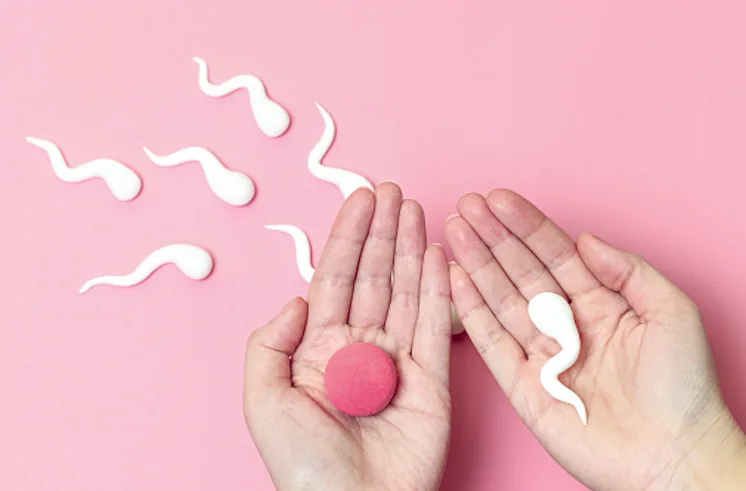
Amanda, 40
“After nine rounds of IVF and one pregnancy fail, there wasn’t much chance of me conceiving with my own eggs, even though I have tonnes of them. So my doctor placed me on a list for anonymous egg donors. The chances of being successful are slim, not many women walk through the door to donate their eggs. But just when I was contemplating life not being a mother, we were greeted with the amazing news we had a donor. We are now the proud parents of a beautiful little girl.”
Understand the IVF process
“I remember our first meeting with nine other couples. The nurse said that within our group we would be lucky to have one couple that gets pregnant first round.
I naively thought we would be that couple. I wish I had really understood that there’s a high chance that things might not work out as we had planned.”
Factor in extra time
“IVF is not as straightforward as you may think. It’s a major undertaking, with
a lot of background work before you get started: blood tests, internal ultrasounds, laparoscopies, even police checks! I needed my gall bladder removed before
I could start and that set us back another few months.”
Don’t give up hope
“The speed at which the treatments/medications are changing and advancing is incredible. It’s now [been] a few years since I did IVF, and the procedures and medications have completely changed, with more success and more options than ever.”

Evie, 39
“We did two rounds of IVF, but found
it really hard to get enough eggs to work with, and when we finally had a scientifically ‘perfect’ egg, we transferred it, became pregnant, then lost the baby at nine weeks. It was my second miscarriage, and it doesn’t get easier. After three years, my partner and I made the sad decision to stop trying. We really value our relationship and were worried that IVF would tear us apart.”
Keep your body moving
“A lot of the time you either won’t feel like exercising or you will be advised against doing high-intensity workouts, however, low-impact exercise – walking, swimming and doing yoga – helps physically and mentally.”
Take frequent mental breaks
“Most clinics funnel you into the next round as soon as you’ve had a ‘failed’ one, but I found it’s much better to have a break, take some time to relax, spend time with friends, go out and generally ignore the fact that you’re going through IVF. It’ll do your mind (and body) good.”
It’s ok to decide to stop doing IVF
“Constant disappointments and sad news can take a toll and at some point I think you need to re-evaluate the process. Don’t worry what anyone else thinks or says, this is about you and your partner. It was a huge decision for us, it took months and was quite traumatic, but now we are even more obsessed with our dog and are planning our next amazing holiday. I will always be sad not to be a mother, but I’ve learnt to be grateful for everything I am lucky to have in life.”
This article originally appeared in the July issue of marie claire.
